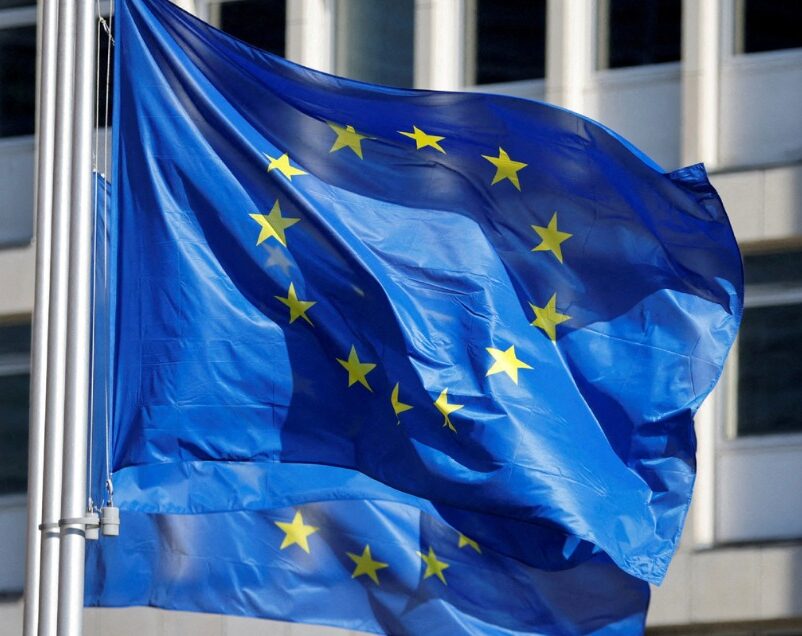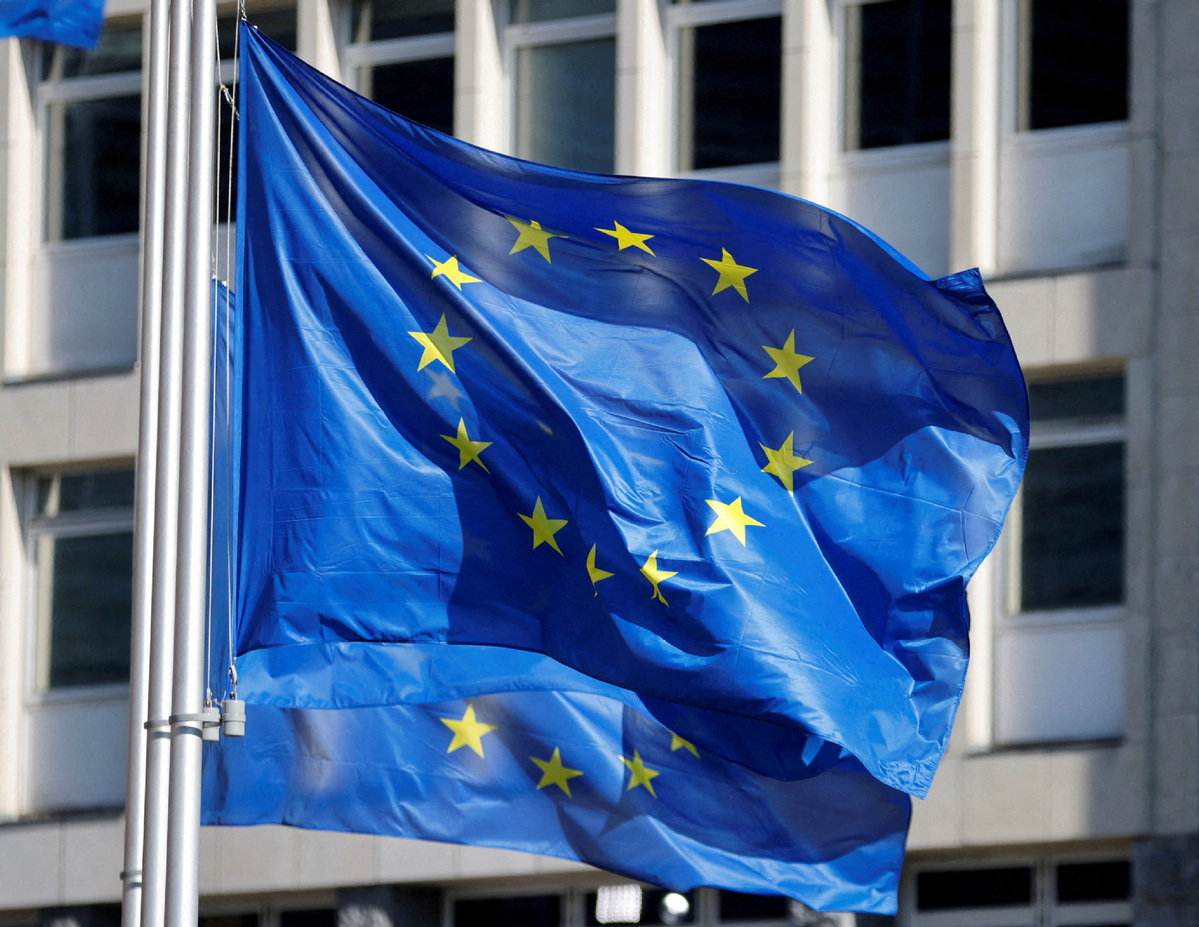

The 27 member-nations of the European Union have agreed draft laws to oversee artificial intelligence, or AI, within the bloc.
The countries will vote on the provisional legislation — known as the European AI Act — early next year and the rules could be in place in 2025.
The agreement was reached after more than 36 hours of high-level talks and came as many other global players, including the United Kingdom and the United States, are also working on legislation to regulate AI’s use.
EU Commissioner Thierry Breton wrote on social media the “historic “agreement sets out “clear rules for the use of AI” within the EU’s jurisdiction.
“It’s a launch pad for EU startups and researchers to lead the global AI race,” he added.
The Guardian newspaper quoted him as saying 100 people had spent three days in a room, agreeing the deal that he said was “worth the few hours of sleep”.
European Commission President Ursula von der Leyen said the act will not only ensure people’s safety and rights, but help companies create the right sort of technology.
She wrote on social media it will ensure “the development of AI you can trust”.
The EU’s draft rules include limits on how AI should be used by law enforcement agencies, and provision for people to complain if they have been victimized by it.
So-called generative AI, which plows through vast quantities of online data such as emails and photos to make predictions, was one of the areas the EU wanted to regulate. Other AI applications, such as “chatbots “that can conduct human-like text conversations, will also be overseen. The legislation will also stipulate the limits of AI use in surveillance by EU governments.
Svenja Hahn, a German MEP who is an opposition spokesperson on the issue, told the Reuters news agency lawmakers avoided “massive overregulation of AI innovation” and safeguarded “rule of law principles in the use of AI in law enforcement”.
It is understood the act will limit law enforcement agencies to using AI if there is a threat of terrorist attack, a need for it in the search for victims, or it is needed in serious cases.
Alexandra van Huffelen, the Netherlands’ minister of digitalization, told Reuters AI will play a major role in agriculture, education, health care, and security and that “dealing with AI means fairly distributing the opportunities and the risks”.
Steffi Lemke, Germany’s minister for consumer protection, told the Associated Press the act will protect people from the “risks of the new technology” and ensure AI systems are transparent, comprehensible, and verifiable.
“In future, companies … will have to provide information on how their systems work and explain AI-based decisions,” she added.



